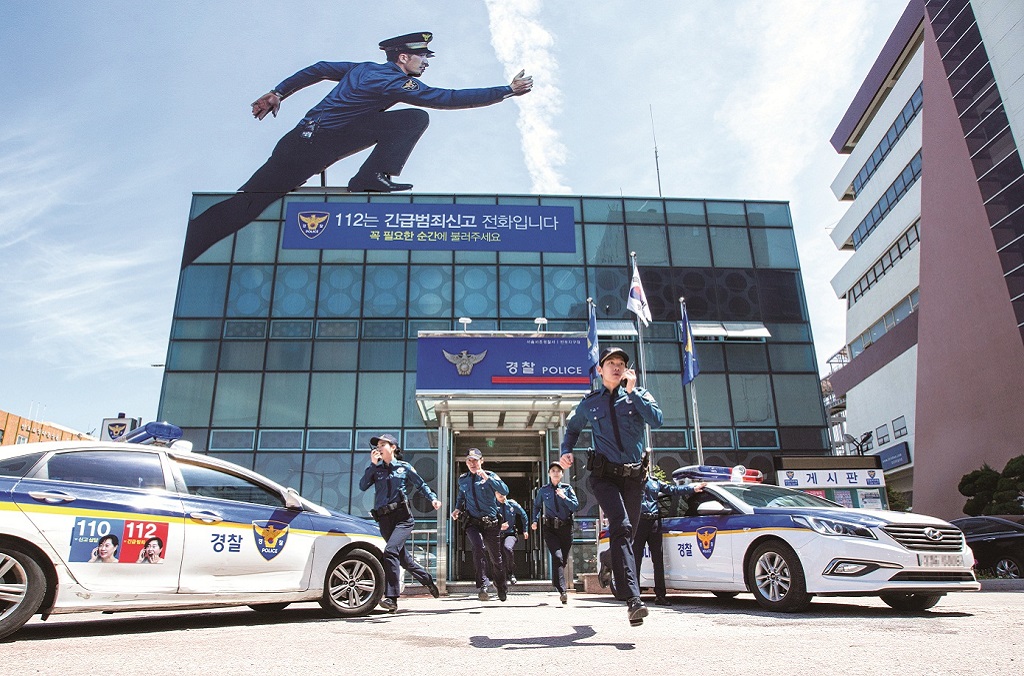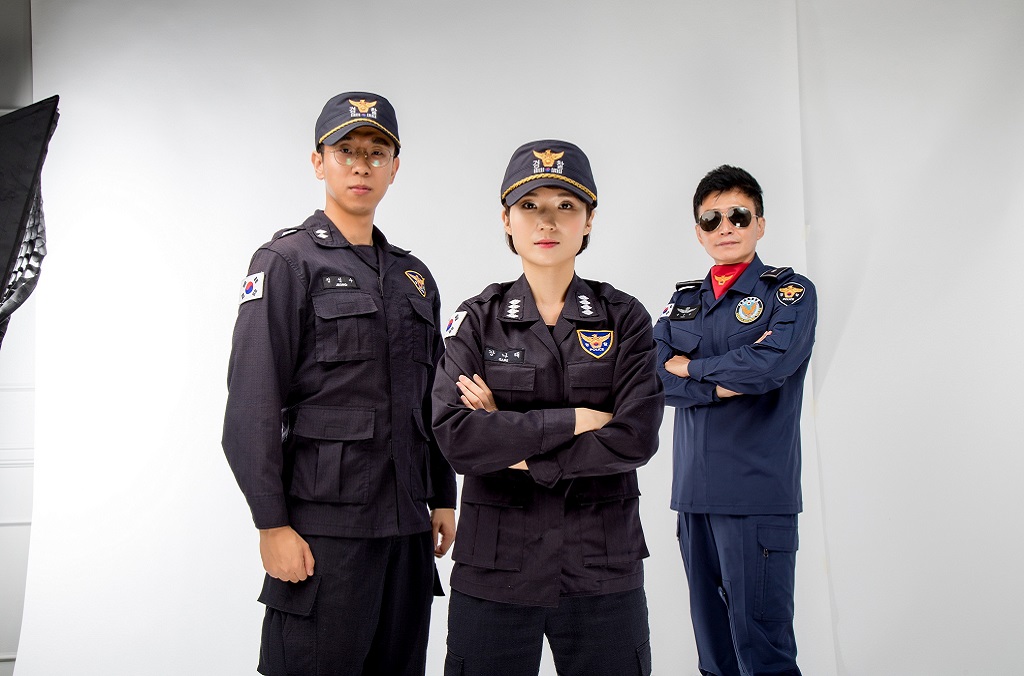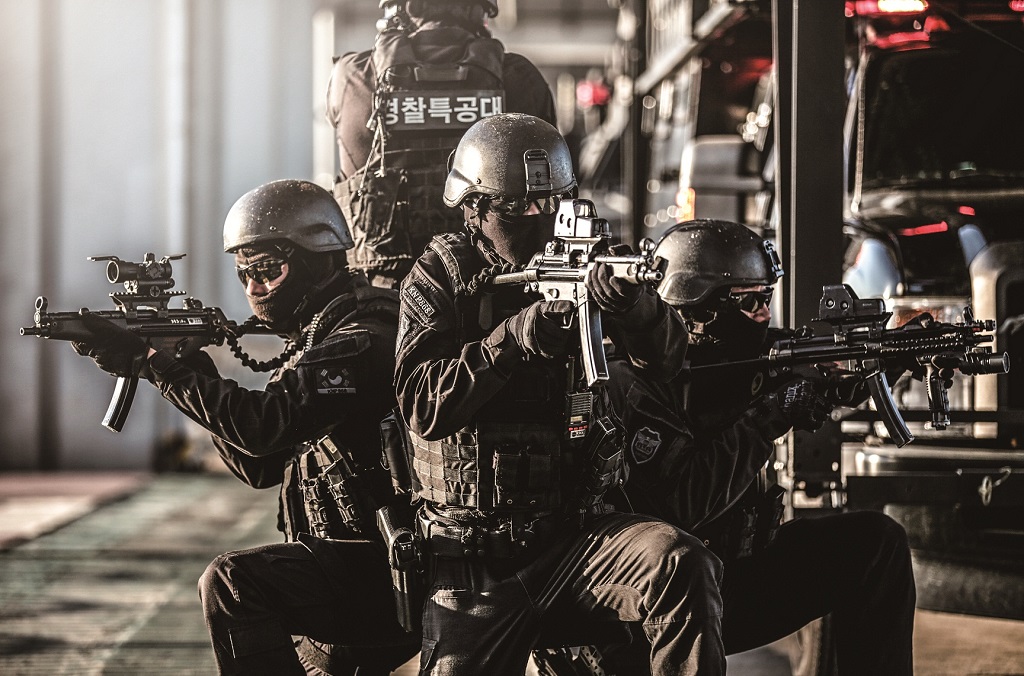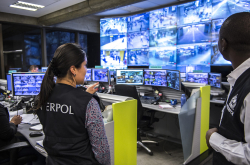 CORÉE (République de)
CORÉE (République de)
Tackling organized crime in Southeast Asia
The Republic of Korea is located in East Asia, on the southern half of the Korean peninsula jutting from the Asian landmass, with coastlines along three seas.
Korea is home to one of the world's fastest internet connections and enjoys very high online activity. The threat of cybercrime is on the increase, particularly identity theft, online scams, phone scams and voice-phishing.
The transnational nature of these crime areas and their links with organized crime groups around the world make the role of INTERPOL National Central Bureau (NCB) in Seoul fundamental to maintaining national and regional security.

INTERPOL in Korea
The Korean NCB is part of the Foreign Affairs Bureau of the Korean National Police Agency (KNPA). The Director General of Foreign Affairs runs the NCB on an operational day-to-day basis.
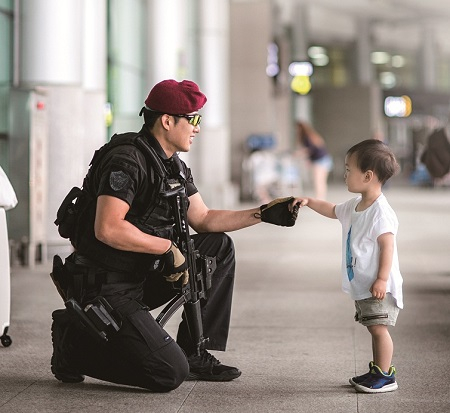
The NCB in Seoul is the designated point of contact for Korea's police liaison network, providing KNPA and other law enforcement agencies with an exclusive means of operating at global level.
By providing globally-sourced intelligence about regional crime, the NCB helps police officers across the country to detect and investigate the flow of illicit goods along trafficking routes in and around the country. It plays a central role in preventing the country and surrounding region from serving international organized crime.
To boost national security and investigations for national law enforcement, the Korean NCB has given national and border police access to INTERPOL’s databases on wanted people, stolen passports and stolen vehicles, meaning they can quickly determine if a person is a potential criminal or security threat.
The NCB enables police officers to regularly take part in INTERPOL-led global and regional police operations.

National law enforcement
Law enforcement services in Korea are provided by the KNPA, the national police force.
KNPA responsibilities include criminal investigations, public safety, national security, cyber-security, traffic control, counterterrorism and international police cooperation.
KNPA also includes the Korean National Police University.





